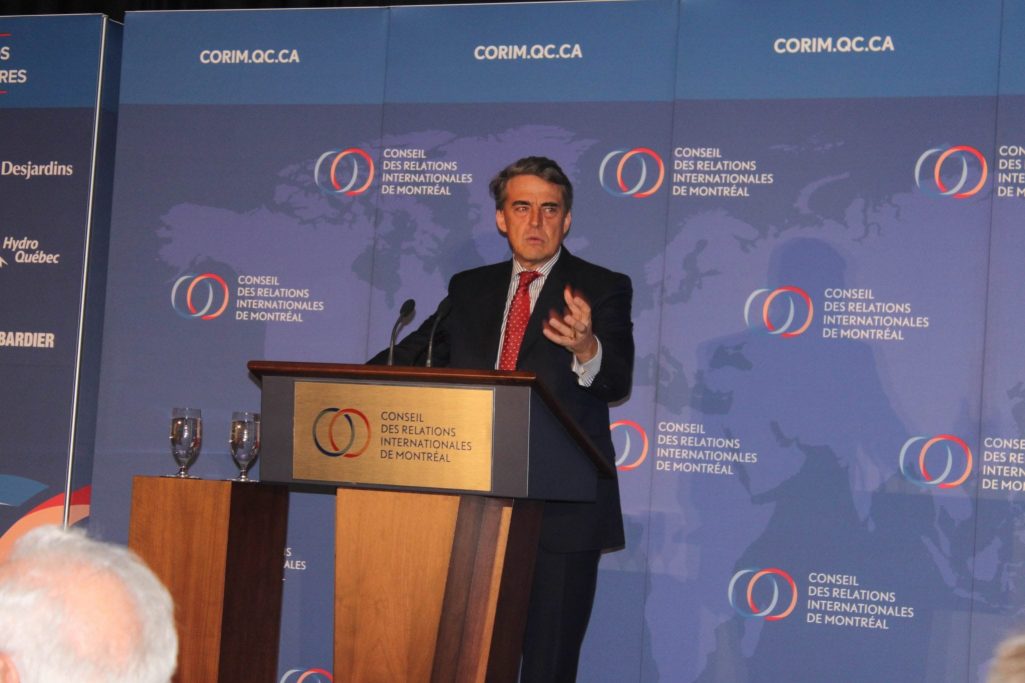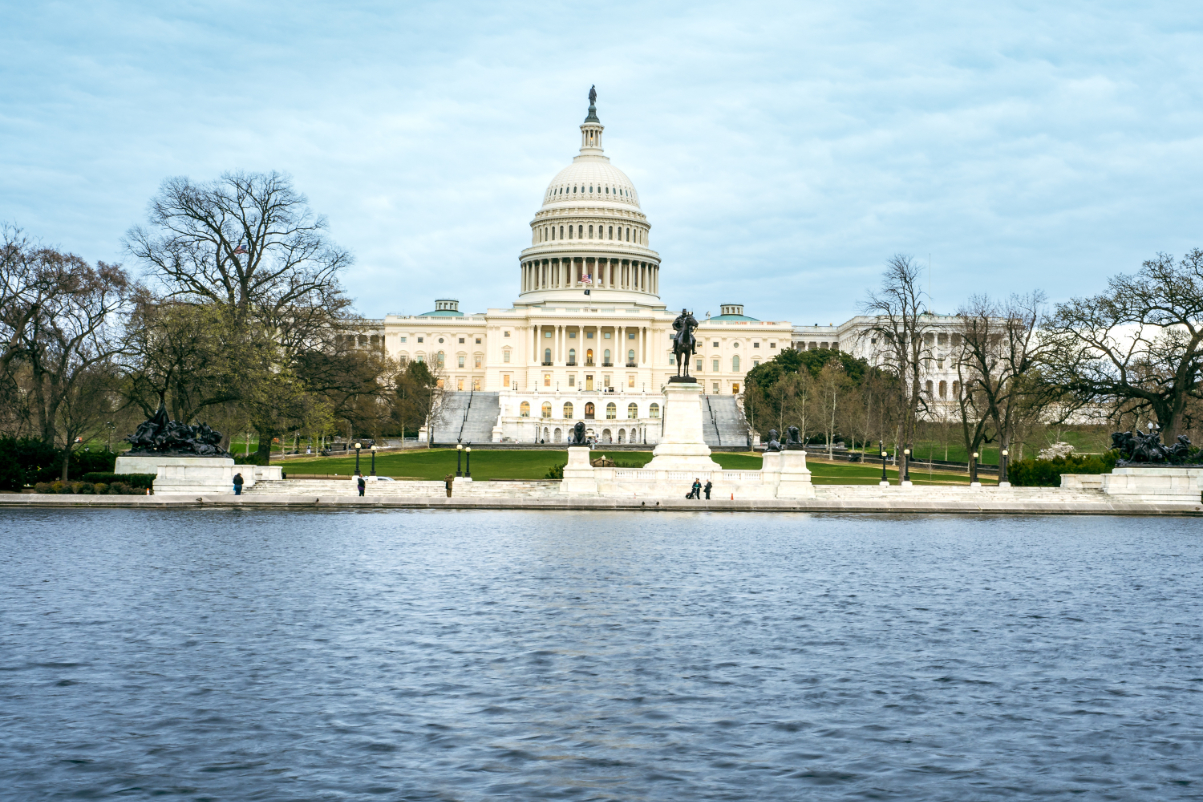IATA CEO Says Electronics Ban Is 'Not an Acceptable Long-Term Solution'

Skift Take
A week after the U.S. and UK banned passengers flying from some Middle East and North African countries from bringing large electronics in airplane cabins, the head of the world's largest airline trade group sharply criticized the new policies, saying they're "not an acceptable long-term solution to whatever threat" faces the two nations.
"Even in the short term it is difficult to understand their effectiveness," Alexandre de Juniac, CEO of the International Air Transport Association, or IATA, told the Montreal Council on Foreign Relations on Tuesday, according to a transcript of his remarks. "And the commercial distortions they create are severe. We call on governments to work with the industry to find a way to keep flying secure without separating passengers from their personal electronics."
IATA had been mostly quiet since the U.S. and UK announced their not-quite-identical electronics policies on March 21, with the group at first only saying its member airlines follow all safety and security regulations. But on Tuesday, de Juniac said what few airline executives have been willing to say publicly — that the bans don't make sense, and aren't viable, long-term. He also called on authorities to be more transparent about whatever security threat they're facing.
In his speech, de Juniac said several elements of the electronics bans, which prohibit passengers from bringing laptops, tablets and e-readers some some flights departing the Middle East and North Africa, "underpin confidence" in the world's airport security measures. His group represents 265 airlines in 121 countries, and has offices in several major cities, including Amman, Jordan, a country affected by the UK and U.S. restrictions.
In his criticism, de Juniac noted the U.S. and the UK's bans cover different airports. Most importantly, the U.S. restriction covers inbound flights from the United Arab Emirates and Qatar, while the UK's does not. That means the U.S. ban includes flights from Emirates Airline, Qatar Airways, and Etihad Airways, and the UK's does not. U.S officials have not answered questions on the record about why U.S. policy does not match the UK approach.
Last week, Emirates President Tim Clark defended Dubai's security measures to the Associated Press, saying they often exceed American and European standards.
"Why don’t the U.S. and the UK have a common list of airports?" de Juniac said. "How can laptops be secure in the cabin on some flights and not others... especially on flights originating at a common airport?
De Juniac also asked whether the governments should instead ask airports to invest in security measures that can flag large electronics that could be security concerns. That would allow passengers to keep electronics for flights that can last 12 hours or longer.
"Surely there must be a way to screen electronic equipment effectively at airport checkpoints?" he asked.
Another problem, he said, came from how U.S and UK authorities announced their decisions. According to de Juniac, airlines received little advanced warning. "There was no consultation and little coordination by governments," he said.
He called on governments to share more information with airlines about what they're doing and why.
"Airlines don’t want access to state secrets," de Juniac said. "But if airlines understand the outcome governments want, they can help with their real-world operational experience to deliver the result effectively and efficiently."




